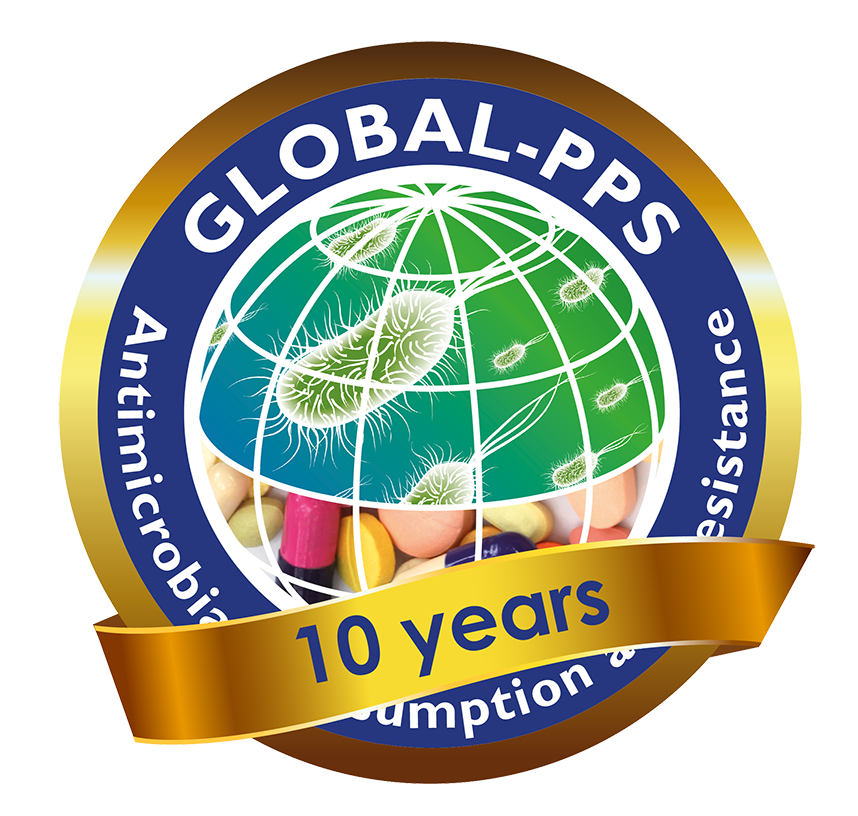Antimicrobial Stewardship Checklist for Sub-Saharan Africa
The Commonwealth Partnerships for Antimicrobial Stewardship (CwPAMS) has published a paper describing the development and implementation of an Antimicrobial Stewardship (AMS) checklist for Sub-Saharan Africa.
 The CwPAMS programme, funded by the UK aid Fleming Fund and jointly managed through the Tropical Health and Education Trust (THET) and the Commonwealth Pharmacists Association (CPA) supported 12 health partnerships in four African countries (Tanzania, Zambia, Uganda and Ghana). The objective of the study was to create a contextualised checklist of core AMS elements and key behaviours for use within healthcare settings in Sub-Saharan Africa, and to implement the checklist in health institutions in the four African countries.
The CwPAMS programme, funded by the UK aid Fleming Fund and jointly managed through the Tropical Health and Education Trust (THET) and the Commonwealth Pharmacists Association (CPA) supported 12 health partnerships in four African countries (Tanzania, Zambia, Uganda and Ghana). The objective of the study was to create a contextualised checklist of core AMS elements and key behaviours for use within healthcare settings in Sub-Saharan Africa, and to implement the checklist in health institutions in the four African countries.
CwPAMS checklist development and deployment
Using Pulcini et al.’s global AMS checklist as a starting point, a modified Delphi consensus procedure was adopted for the Sub-Saharan healthcare context. Fourteen healthcare representatives from the CwPAMS partnerships from Tanzania, Zambia, Uganda, Ghana and the UK were invited to review, score and comment on the checklist items. The finalised AMS checklist was deployed as an online form across 19 healthcare sites; and contained 54 items mainly covering core elements of hospital AMS programmes.
AMS strengthening interventions took place in 14 CwPAMS partnerships whereafter the checklist was completed for a second time; these included also open questions on additional activities that they had engaged in based on the checklist (post results).
Quantitative improvements following the AMS interventions
Across these 14 CwPAMS sites, post-intervention improvements were seen for all of the AMS components, delivered through the partnerships. These AMS improvements included participation in the training followed by the execution of the Global Point Prevalence Survey (Global-PPS) (11 out of 14 hospitals; 72% improvement). Another component that improved substantially was the presence of formal multidisciplinary AMS structures, with a 79% improvement post-intervention. The elements with the least improvement were access to laboratory/imaging services (7%) and the presence of adequate financial support for AMS (14%).
The authors conclude that contextualised, co-created AMS tools are essential for managing antimicrobial use across healthcare settings and increasing local AMS ownership and commitment. This study led to the development of a new AMS checklist, which proved successful in capturing AMS improvements in the four African countries. The tool also made unique contributions to furthering local AMS efforts, as results suggested that completing the checklist prompted local healthcare providers to review their initiatives and increase their AMS efforts.
